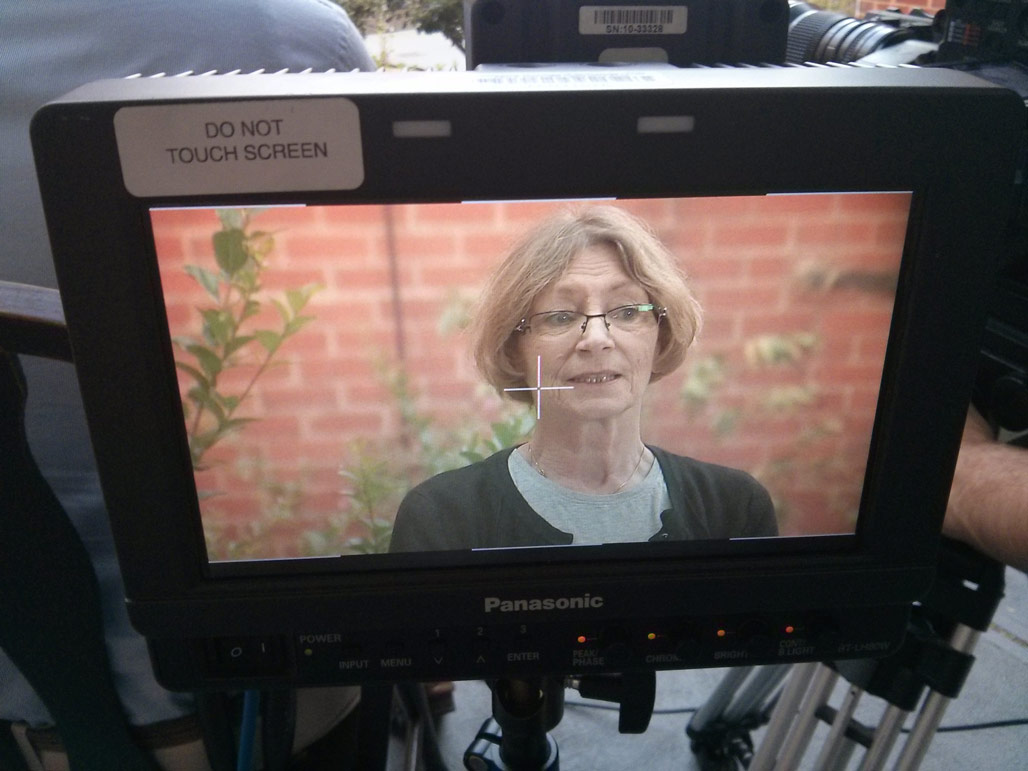OPERA - Free from Violence
The Preventing Elder Abuse project develops and evaluates a community-based digital intervention into ageism as one of the primary drivers of elder abuse.
Partners
Department of Health and Human Services
Investigators
Max Schleser
Diana Bossio
Anthony McCosker
Hilary Davis
The Preventing Elder Abuse project develops and evaluates a community-based digital intervention into ageism as one of the primary drivers of elder abuse. The digital intervention will be informed by a direct participation consultation process, which will contribute to the development of experiences of ageism as an evidence base around elder abuse. The evidence base will be used by Swinburne University researchers to produce a digital intervention, developed through a co-design model working with older people in the Eastern regions of Melbourne.
The outcome of the digital intervention will be to contribute to and enhance the existing community education packages delivered by ECLC on elder abuse. In addition to this, the co-created digital intervention will be shared more broadly across the sector to assist in building capacity of the Eastern Region workforce to better understand the links between the drivers of elder abuse and elder abuse.
Swinburne researchers will also lead an evaluation of the project to ensure sustainability and scalability of the project for future funding opportunities, and potential expansion of phase two to included targeted messages for specific cohorts across the community.
Related Projects















